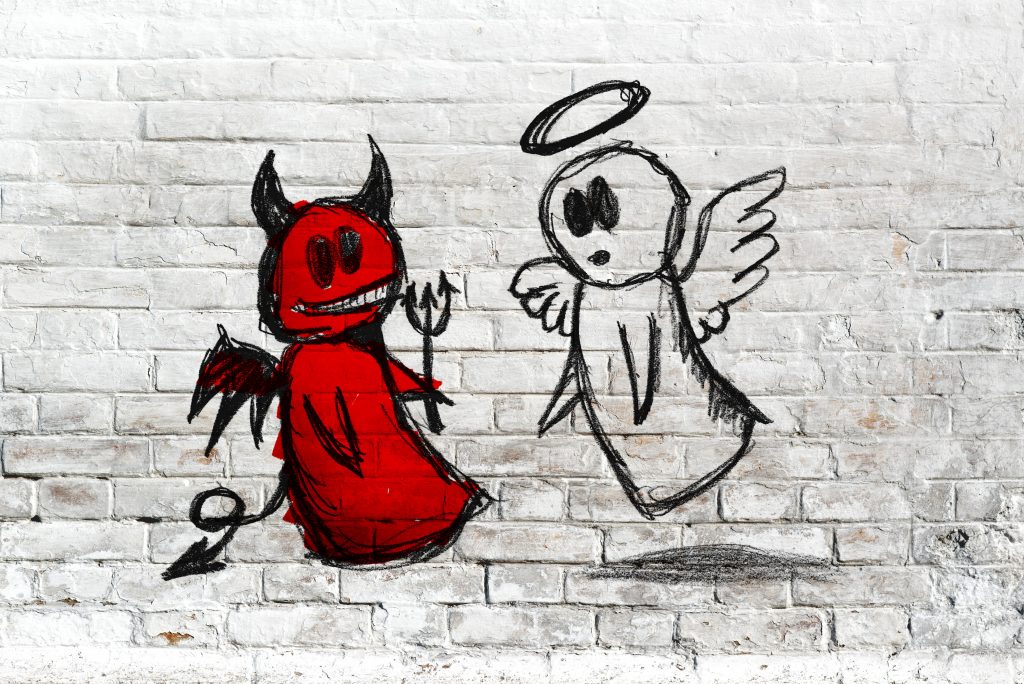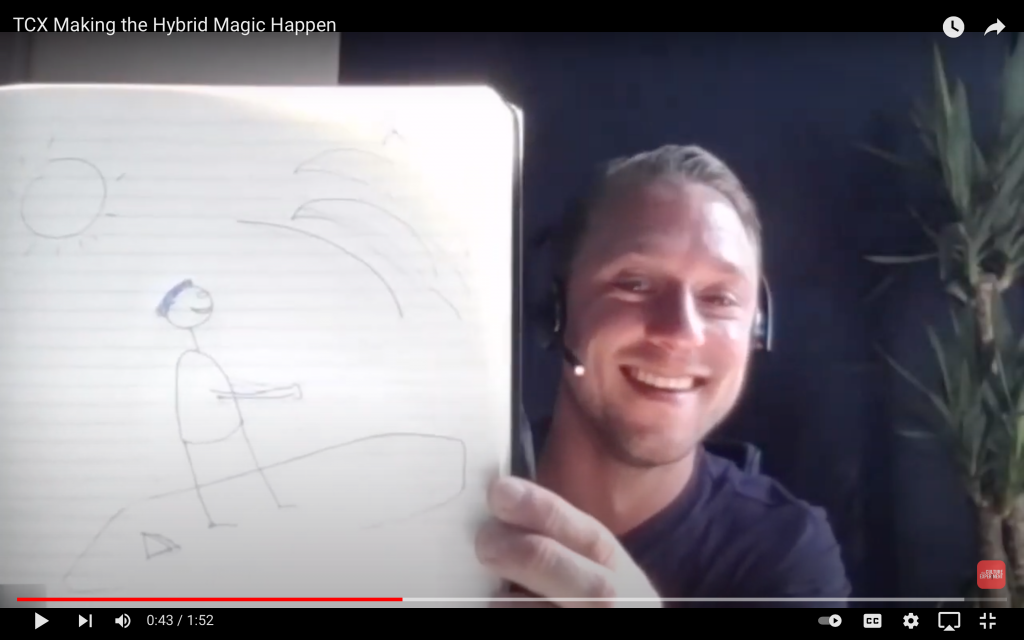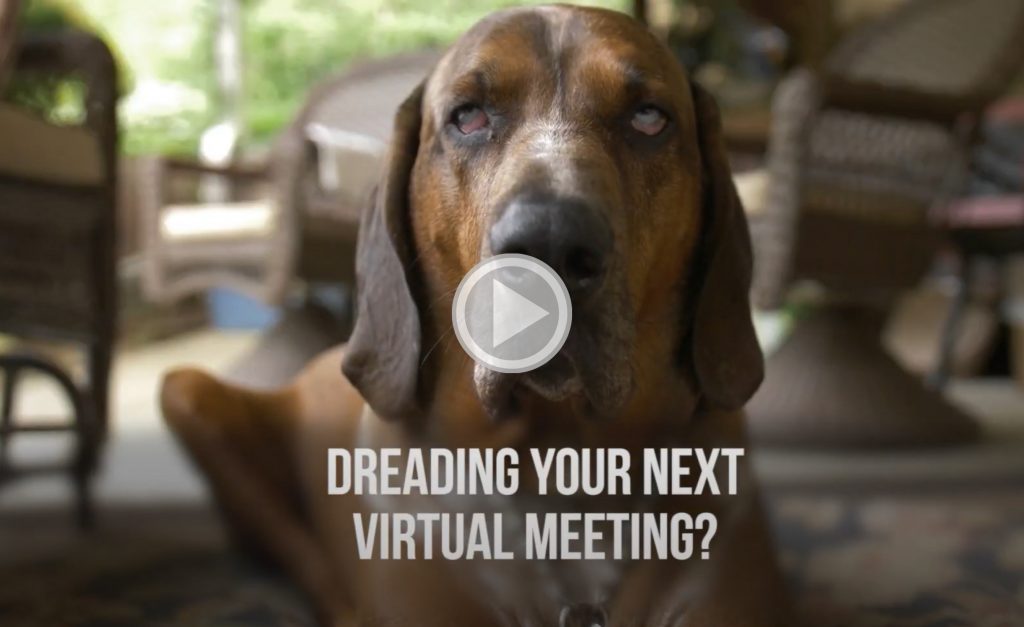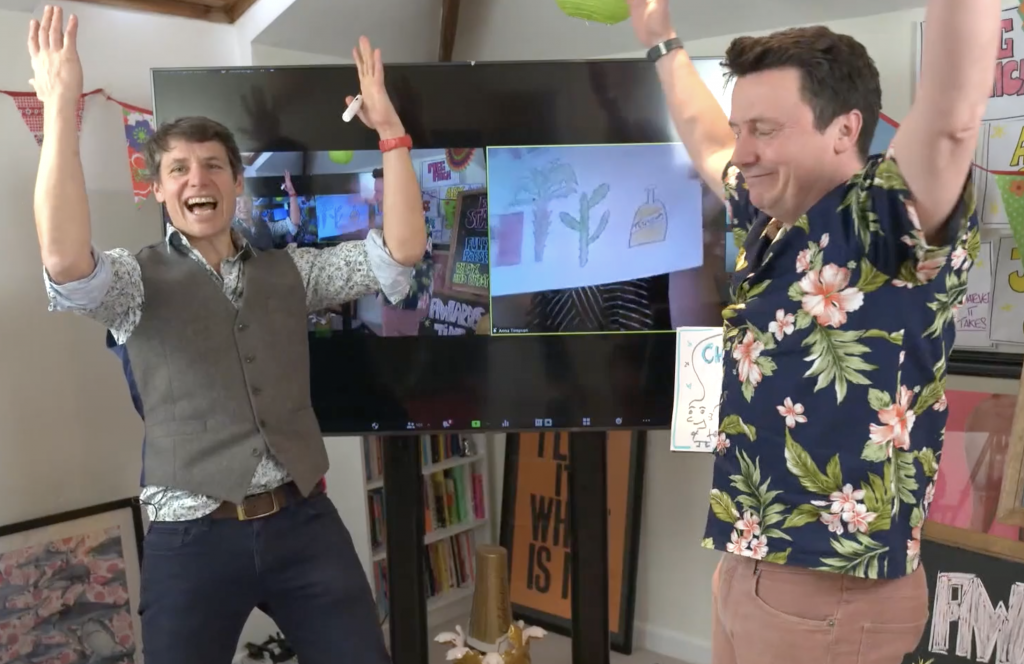How to put positivity back into your work relationships
After a year of remote work, we’re moving towards a ‘new normal’ that seems likely to be a hybrid: We’ll stay home to tick off ‘task focused’ stuff (and eat cereal out of the box), then gather ‘face to face’ for work requiring collaboration or creativity.
Nice in theory, but a year of ‘apart time’ has served up a perverse double-whammy: We feel both isolated from, and increasingly irritated by, our co-workers! And it’s not just our tempers but our output that’s suffering…
To achieve successful collaboration and creativity, you first need to build a foundation of trust and psychological safety. To share an idea is to share part of yourself – you’re asking someone to ‘tread softly because you tread on my dreams’. Yet most of us would rather trust a herd of stampeding elephants than our closest colleagues right now.
Certainly at The Culture Experiment we’ve noticed ourselves getting a little scratchy lately. Striving not to take things personally (we know we love each other really!) we’ve tried to dig into what’s causing the empathy gap.
- Remote work means we can’t see the effort each other is putting in. Conversely, it feeds peer paranoia: Nothing can feel more passive aggressive than receiving emails sent at 5am by up-and-thrusting Kevin.
- We miss all the micro-interactions that sustain relationships – the body language, the shared office experiences, the bantz that builds rapport.
- The increase of intermediated communication (endless email and telecoms) sky-rockets the frequency of miscommunications and misunderstandings. (Who hasn’t agonised over an ill-placed exclamation mark? Or received a ‘happy face’ emoji and thought, “are they taking the p*ss?”)

Now insert some evolutionary context: Human communication has functioned face-to-face for 200,000 years. The telephone is less than a 150 years-old, while email is, in tech terms, a toddler. (Easy to forget, but the first US President to use email was Bill Clinton in the ‘90s!) No wonder wires get crossed – it’s a minor miracle we’re still talking to each other at all!
So go easy on yourself if you’ve started entertaining dark thoughts about your work-buddies. It’s not you, it’s the context. But given this context, any guesses as to what your first ‘hybrid’ collaboration and creativity session might generate? Inspired ideas, or blood on the walls?

Whether your return to work seems imminent, or a lifetime away, try some of these experiments to build the trust you need to do great collaborative work together.









